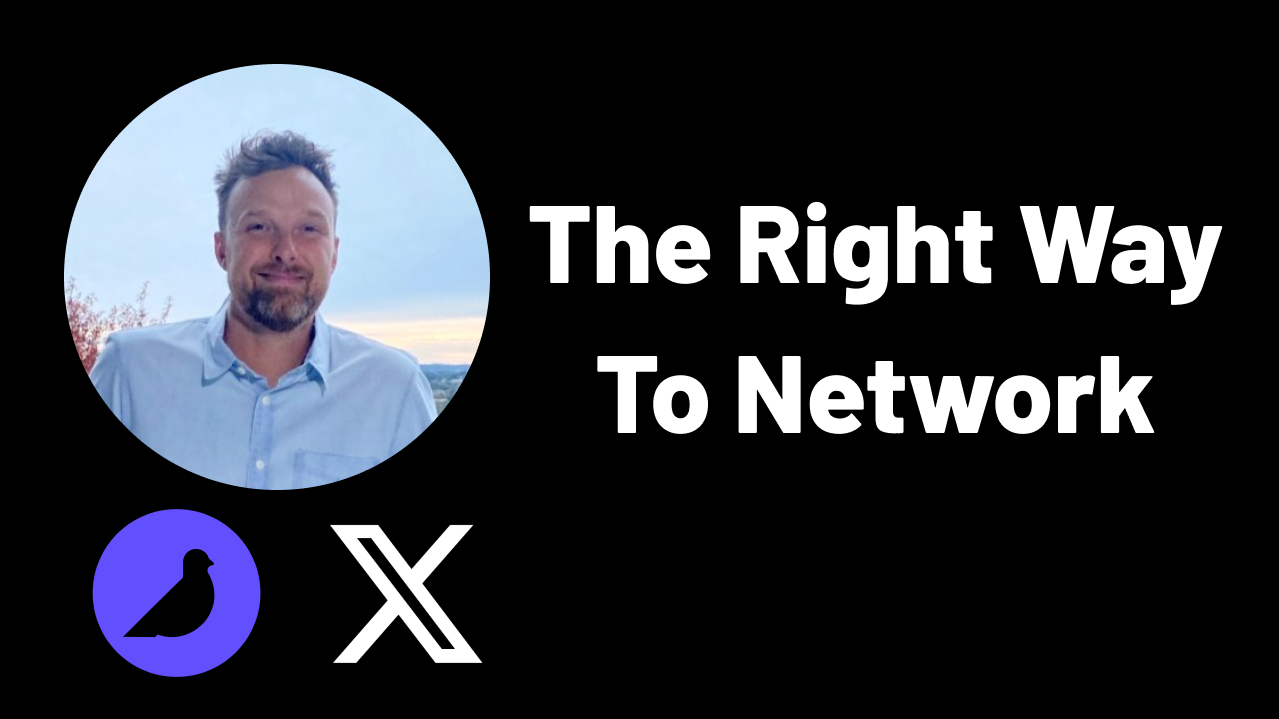
Interviewing Q&A and Videos
About Interviewing
Learn About Interviewing
Interviewing is an essential skill for every software engineer. The tech industry has one of the highest rates of job switching, so learning how to get good at interviewing can elevate your career. Your ability to transition between roles and companies depends on how well you perform during the interview. Taro offers resources for helping you to excel in software engineering interviews. We provide insights on effective preparation strategies and guide you on how to master the interview.
Interviews are a test for you to demonstrate your problem solving and technical skills. The ability to navigate complex challenges during an interview shows how prepared you are to take on the demands of being a software engineer.
Interviews also assess cultural fit and communication skills. This is important because you’ll be working in collaborative work environments where you need to talk to your team and other teams to execute well on your projects. Having great communication skills means you are able to effectively outline a broader vision of your project, dig into the technical details of your project, and communicate any potential issues to your stakeholders.
It’s crucial to thoroughly research the company to get valuable insights and make a good first impression. You can filter our Q&A by company to see whether there are any relevant conversations about the company to help with your interview. You can also check Blind and Reddit to understand what people are saying about the company. Use our Taro Networking feature to reach out to people in a company to get an insider perspective of the company. The company page should include information about their values and culture. Make sure that you align with these values. You should get a sense of the company’s financial reports to understand their products from a revenue point of view.
You should have a solid foundation in data structures and algorithms to show your experience and problem solving capabilities. Pick a programming language that you are proficient in, and use it for the technical portion of the interview. Leetcode is recommended as the best tool to practice for data structures and algorithms type of interviews. The provide a large set of problems with a code editor for you to solve the problems, and they have test cases and performance profiles so you can evaluate your solution. it’s also recommended to prepare through mock interviews.
The above strategies, along with diving more into Taro interviewing resources, can help you effectively prepare for an interview at a tech company.
Show more
Explore Jobs By LevelEntry-Level Software Engineer JobsMid-Level Software Engineer JobsSenior Software Engineer JobsStaff Software Engineer Jobs
Explore TrendingLayoffsPerformance Improvement PlanSystem DesignInterpersonal CommunicationTech Lead
![[Masterclass] How To Choose A Good Company And Team As A Software Engineer](/_next/image/?url=https%3A%2F%2Ffirebasestorage.googleapis.com%2Fv0%2Fb%2Ftech-career-growth.appspot.com%2Fo%2Flesson_thumbnails%252F1722418257-image.jpg%3Falt%3Dmedia%26token%3De28bdaa4-e035-43f1-8e05-fc8841fef7f5&w=1920&q=75)
![[Masterclass] How To Ace Your Big Tech Interview - System Design](/_next/image/?url=https%3A%2F%2Ffirebasestorage.googleapis.com%2Fv0%2Fb%2Ftech-career-growth.appspot.com%2Fo%2Flesson_thumbnails%252F1725382618-image.jpg%3Falt%3Dmedia%26token%3Dbc7a2d8f-76a2-4108-88ee-ac3394d15b19&w=1920&q=75)
![DSA Crash Course [Part 7] - Big-O Examples Lecture](/_next/image/?url=https%3A%2F%2Ffirebasestorage.googleapis.com%2Fv0%2Fb%2Ftech-career-growth.appspot.com%2Fo%2Flesson_thumbnails%252F1734999954-image.jpg%3Falt%3Dmedia%26token%3Dece6a9c5-f793-4a19-9db3-0ef75a3f8b4f&w=1920&q=75)
![Top System Design Interview Mistakes [Part 6] - Freezing on the Spot](/_next/image/?url=https%3A%2F%2Ffirebasestorage.googleapis.com%2Fv0%2Fb%2Ftech-career-growth.appspot.com%2Fo%2Flesson_thumbnails%252F1726502899-image.jpg%3Falt%3Dmedia%26token%3D1f8d3ba8-dd0d-439d-8079-6ccee8f2705f&w=1920&q=75)
![DSA Crash Course [Part 22] - Linked List Intro Lecture](/_next/image/?url=https%3A%2F%2Ffirebasestorage.googleapis.com%2Fv0%2Fb%2Ftech-career-growth.appspot.com%2Fo%2Flesson_thumbnails%252F1730844122-image.jpg%3Falt%3Dmedia%26token%3D40e94d28-88d1-4cee-8515-a06e1e6d15db&w=1920&q=75)

![[Case Study] How To Land 18 FAANG+ Offers With Steven Zhang (Airtable, USDR, Tableau)](/_next/image/?url=https%3A%2F%2Ffirebasestorage.googleapis.com%2Fv0%2Fb%2Ftech-career-growth.appspot.com%2Fo%2Flesson_thumbnails%252F1722417841-image.jpg%3Falt%3Dmedia%26token%3D11c70e33-3f74-439a-ba45-f38b32ec2aa9&w=1920&q=75)
![DSA Crash Course [Part 9] - Anagrams Walkthrough](/_next/image/?url=https%3A%2F%2Ffirebasestorage.googleapis.com%2Fv0%2Fb%2Ftech-career-growth.appspot.com%2Fo%2Flesson_thumbnails%252F1730843814-image.jpg%3Falt%3Dmedia%26token%3De3a15105-4bc1-4524-9e86-f40eb6a2b2b2&w=1920&q=75)
![Master The Behavioral Interview [Part 2] - You're (Probably) Sleeping On Behavioral](/_next/image/?url=https%3A%2F%2Ffirebasestorage.googleapis.com%2Fv0%2Fb%2Ftech-career-growth.appspot.com%2Fo%2Fthumbnails%252F1716323079-Screenshot%25202024-05-21%2520132419.png%3Falt%3Dmedia%26token%3Db6dbfefe-45fa-4a27-96f3-3eaf02bd0b61&w=1920&q=75)
![Master The DSA Interview [Part 4] - DSA Prep Is Insanely High ROI](/_next/image/?url=https%3A%2F%2Ffirebasestorage.googleapis.com%2Fv0%2Fb%2Ftech-career-growth.appspot.com%2Fo%2Flesson_thumbnails%252F1727739258-image.jpg%3Falt%3Dmedia%26token%3D7fbae270-c552-4694-974b-b104d20f4210&w=1920&q=75)
![DSA Crash Course [Part 10] - Most Frequent Char Approach](/_next/image/?url=https%3A%2F%2Ffirebasestorage.googleapis.com%2Fv0%2Fb%2Ftech-career-growth.appspot.com%2Fo%2Flesson_thumbnails%252F1730843850-image.jpg%3Falt%3Dmedia%26token%3D117f568b-750a-48c8-89a5-ed37f0824523&w=1920&q=75)

![Top System Design Interview Mistakes [Part 10] - Don't Speak Only in Hypotheticals](/_next/image/?url=https%3A%2F%2Ffirebasestorage.googleapis.com%2Fv0%2Fb%2Ftech-career-growth.appspot.com%2Fo%2Flesson_thumbnails%252F1726502998-image.jpg%3Falt%3Dmedia%26token%3Df14660aa-2c64-4c44-9efe-d89b3704a497&w=1920&q=75)
![Top System Design Interview Mistakes [Part 7] - Document As You Go](/_next/image/?url=https%3A%2F%2Ffirebasestorage.googleapis.com%2Fv0%2Fb%2Ftech-career-growth.appspot.com%2Fo%2Flesson_thumbnails%252F1726502912-image.jpg%3Falt%3Dmedia%26token%3Ddcf03734-bdac-459d-843d-742cba51a0ad&w=1920&q=75)
![Level Up Your Code Quality As A Software Engineer [Part 9] - Focus, Focus, Focus](/_next/image/?url=https%3A%2F%2Ffirebasestorage.googleapis.com%2Fv0%2Fb%2Ftech-career-growth.appspot.com%2Fo%2Fthumbnails%252F1708220805-Screenshot%25202024-02-17%2520at%25205.46.23%25E2%2580%25AFPM.png%3Falt%3Dmedia%26token%3D3044e759-d9a5-4e94-bcb9-43cb6478e2e8&w=1920&q=75)